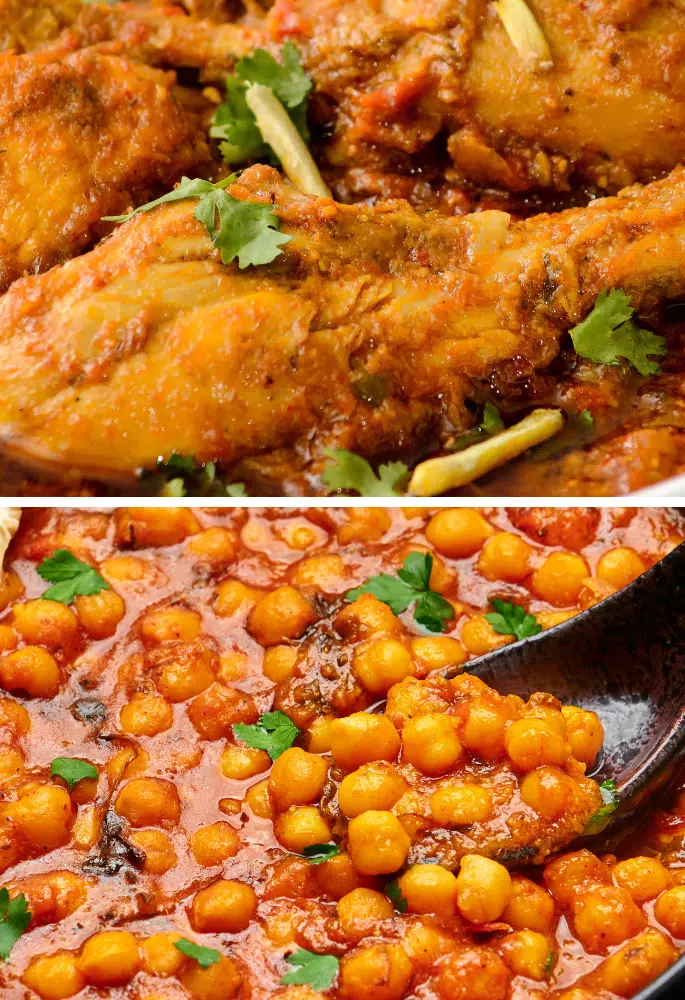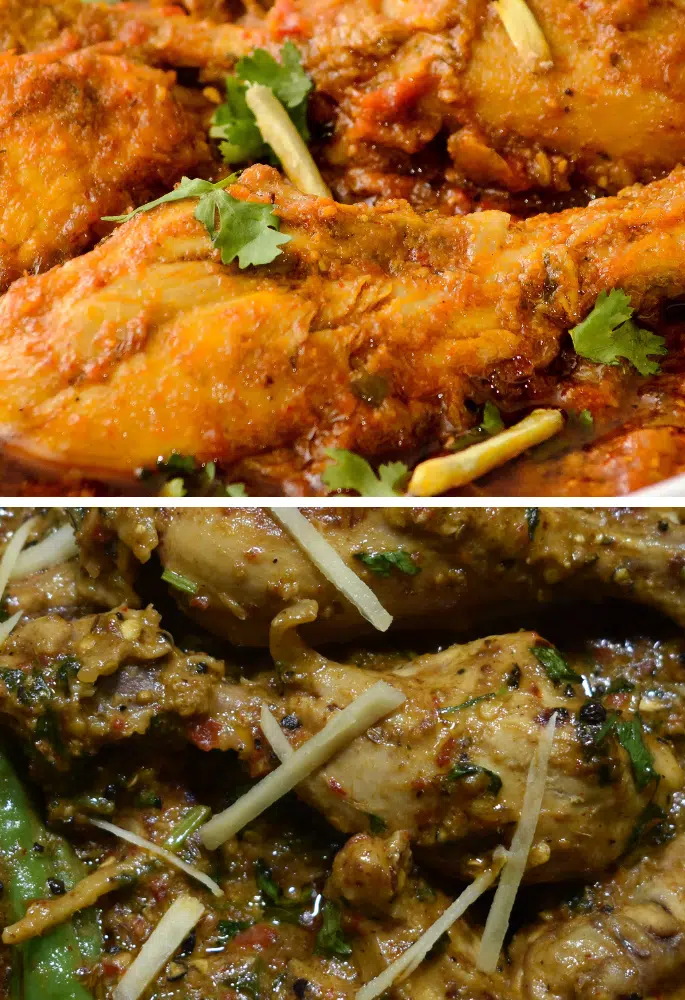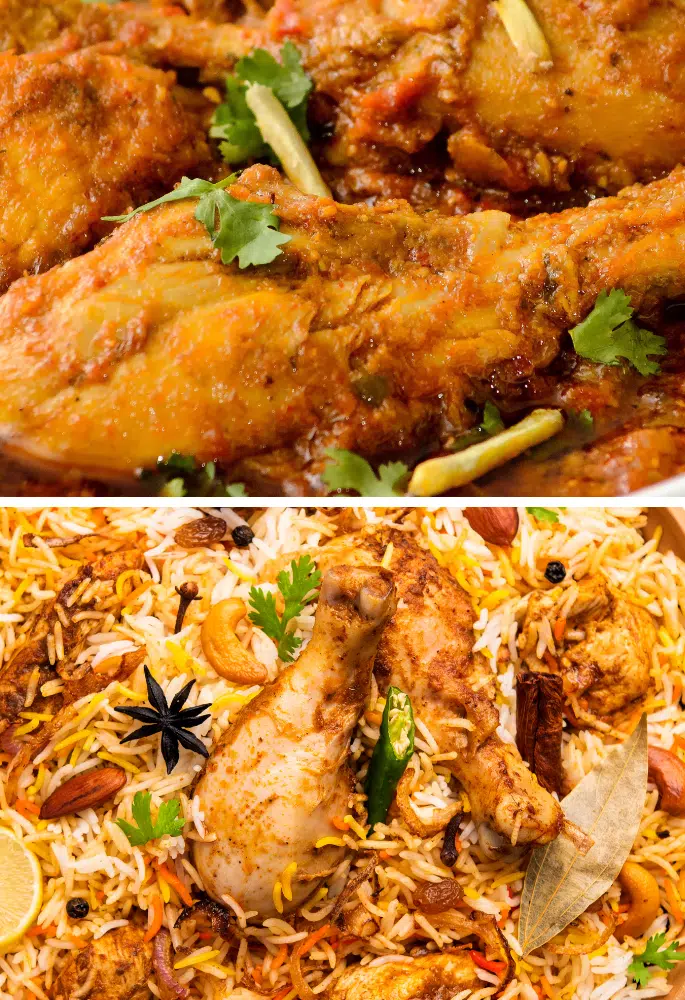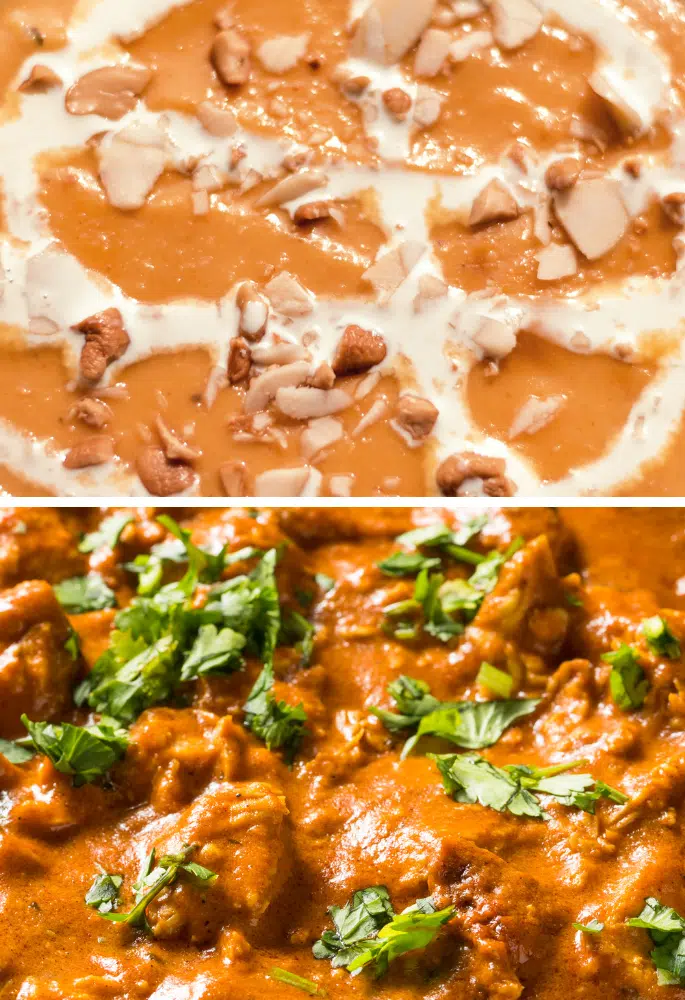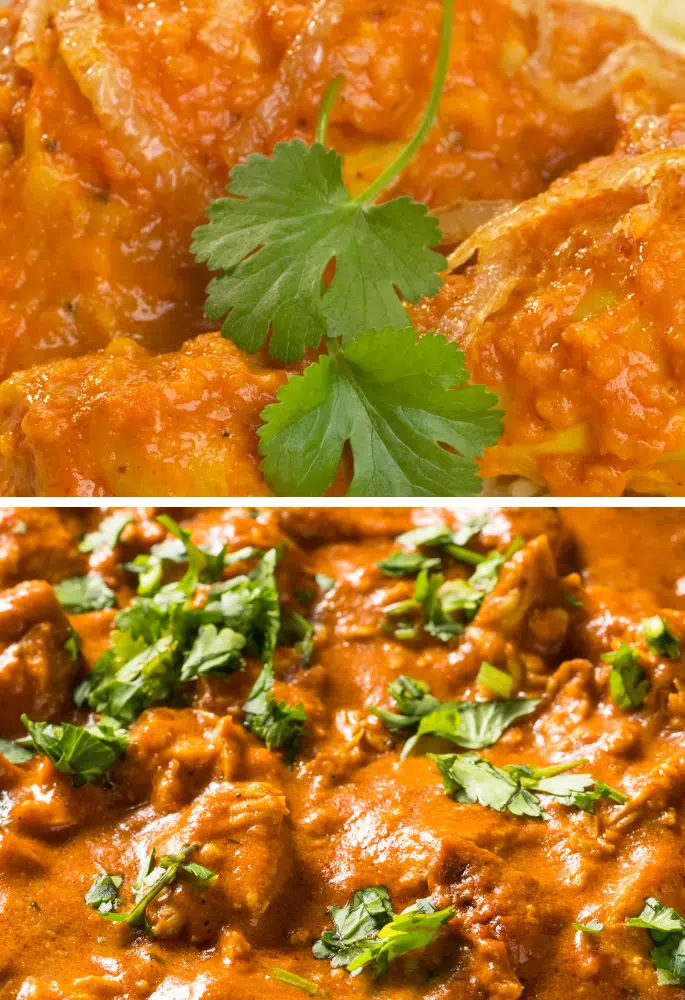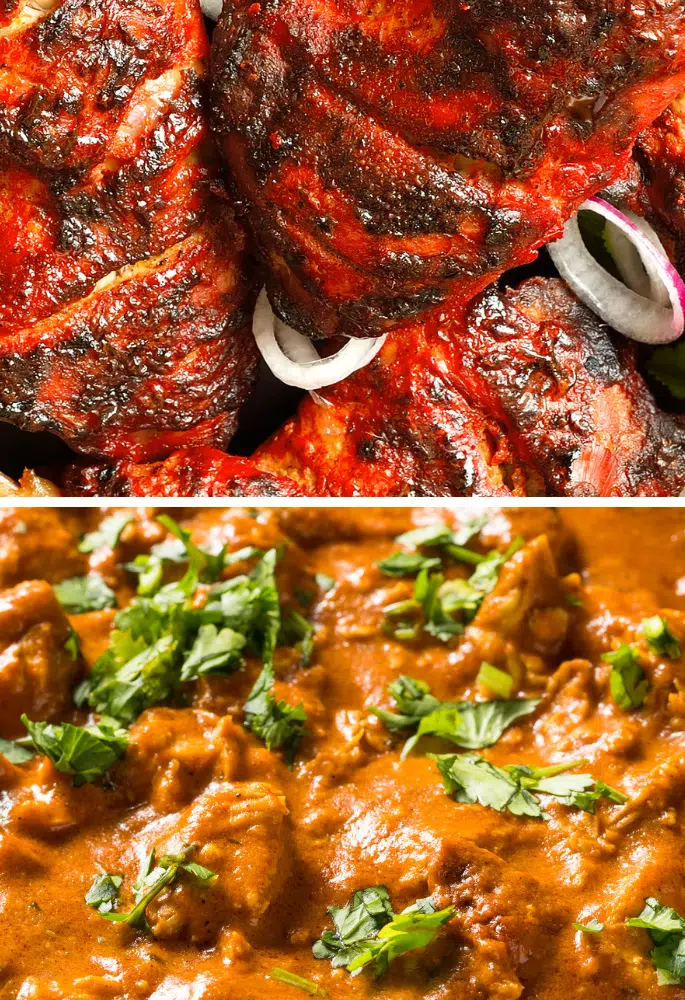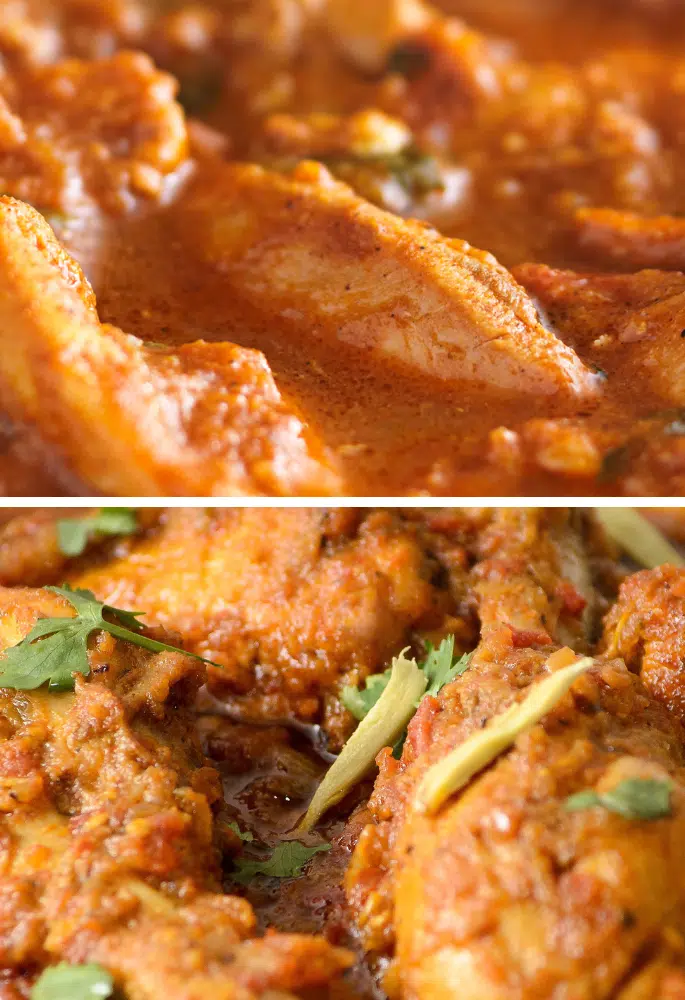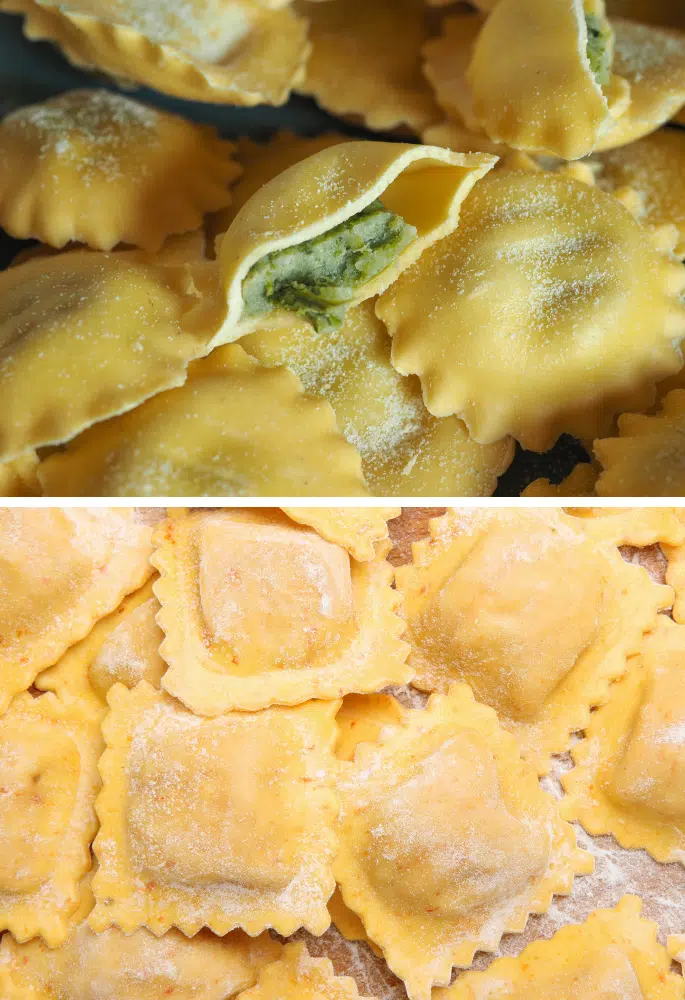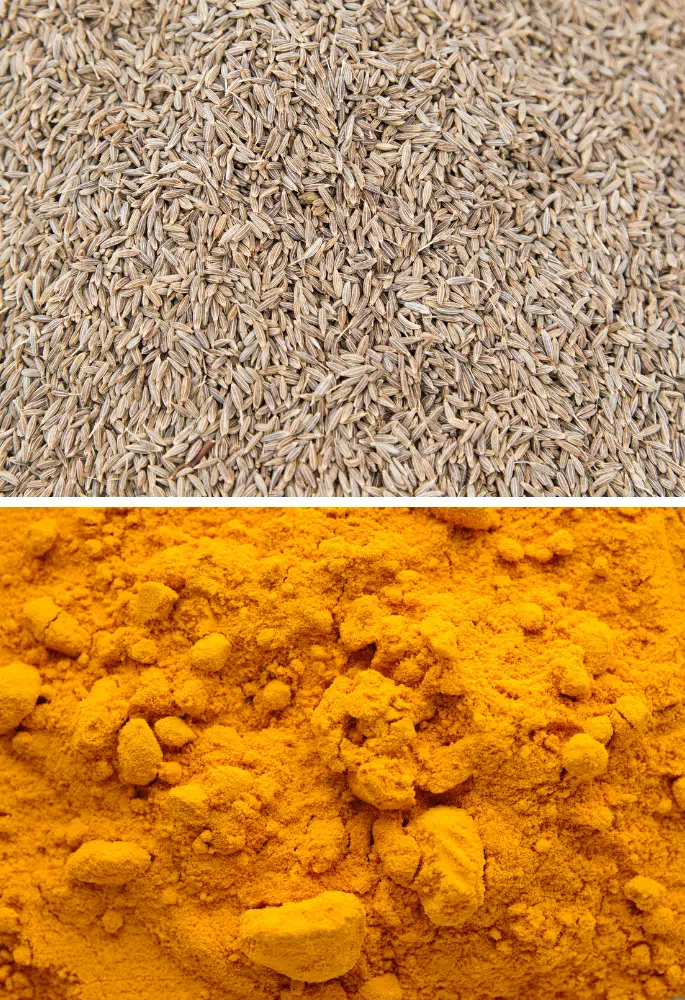Have you ever been in the middle of a recipe, following it to the T, and had to pause after a badly worded or confusing step simply because it doesn’t make sense?
One time that many people find themselves feeling such a way is when cooking lasagne. Your instincts may tell you to cook the pasta sheets before constructing the lasagne. But is that necessary?
You do not need to cook the pasta sheets before making your lasagne. Cooking time for fresh pasta sheets is included in the recipe, and it will take only a couple of minutes longer in the oven if you prefer using dry pasta sheets.
How Long Do You Cook Lasagne?
You do not need to bother cooking your pasta sheets before constructing your lasagne because there is enough sauce and moisture covering the pasta sheets that the pasta will cook to the perfect texture while the lasagne cooks.
In fact, if you are following a recipe, then the recipe will already have included the time necessary to thoroughly cook the pasta sheets in the recipe’s final cooking time.
How long you cook a lasagne tends to differ from recipe to recipe depending on how big of a lasagne you are making and the type of ingredients you use.
However, most lasagne that use fresh pasta sheets tend to need at least 1 hour and 20 minutes or so in the oven.
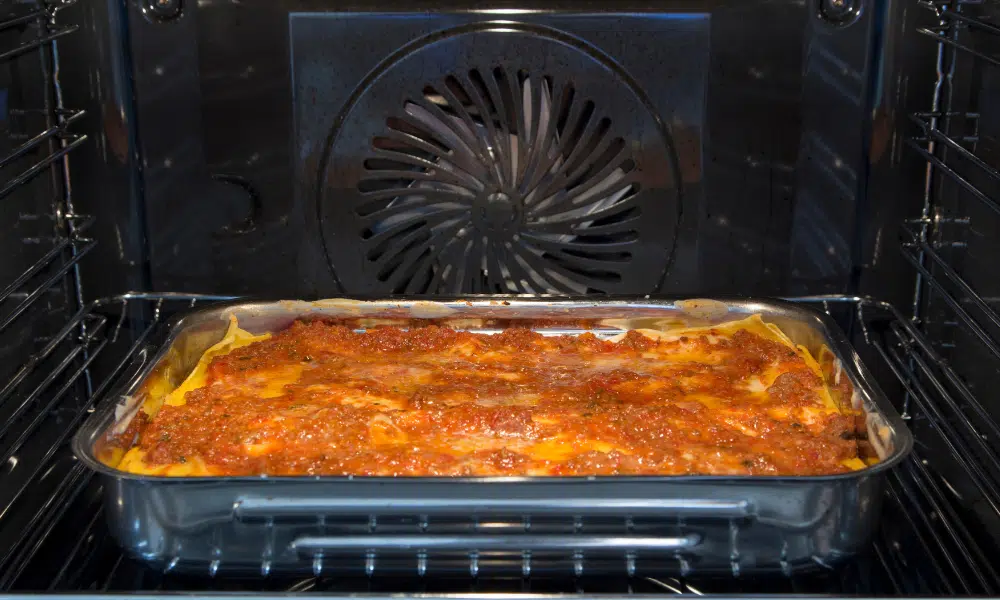
Recipes that use dry pasta sheets take around 10-15 minutes longer to cook as the pasta takes longer to soften up entirely.
If you are following a recipe that uses fresh pasta sheets but you want to substitute them with simpler dry pasta sheets, add 10-15 minutes to the recipe’s cooking time.
Why Are My Lasagne Sheets Still Hard After Cooking?
A common problem that people experience when cooking lasagne using dry pasta sheets is that the pasta itself is still chewy or hard once it has been cooked.
Obviously, this is a sign of undercooked pasta. But, why does this happen?
The reason that your pasta would be undercooked is that there was not enough sauce for the pasta to cook in when you constructed your lasagne.
Or it may be that you have not used enough pasta sauce, and the pasta sheets have therefore been left exposed in the oven. This exposure would mean that the pasta would roast and burn rather than cook.
There isn’t a whole lot you can do about hard pasta sheets in your lasagne unless you have some leftover sauce and you are willing to wait a little bit longer to enjoy your meal.
If you did happen to make some extra sauce, you can pour it down the sides of your lasagne dish and then cook the lasagne for a further 10 minutes to let the pasta absorb some of that extra moisture.
Dry Pasta Vs Fresh Pasta
Unless you are a confident cook with plenty of time to spare in the kitchen, you will likely forego making your own fresh pasta to cut down the time and effort you have to spend in your kitchen after a long day at work.
But that doesn’t mean you must skip out on one of the world’s most popular, filling and accessible starches.
No matter where you do your weekly shopping, there will always be some form of dry pasta.
Most people don’t think twice about swapping out fresh pasta for dry pasta as it makes cooking so much easier, which is a win in anyone’s book.
However, for a meal like a lasagne that has that hearty feel in every bite, it would be worth knowing how dry pasta differs from fresh pasta to know how it may affect your lasagne:
Eggs
One of the main ingredients in fresh pasta is plenty of eggs. Dry pasta is intended to be able to have a longer shelf life which is why it does not include eggs at all. This way, the pasta can be air-dried.
Texture
Because of the lack of eggs in dried pasta dough, the final texture once the pasta is cooked is still quite rough. On the other hand, fresh pasta is much more delicate in texture and almost creamy.
Cooking Time
One of the key advantages of fresh pasta is that it takes around half the amount of time to cook than dried pasta. It already starts off quite tender, so it takes hardly any time to cook.
Dried pasta not only has to have long enough to soften up but then also cook.
Price
Dried pasta is so common, especially outside of Italy, because it is far more accessible than fresh pasta.
You don’t have to pay out for an abundance of eggs, yet you can still have a filling meal for much cheaper. Even if you were to buy fresh pasta, it is still much more expensive because of its ingredients, short shelf life and higher quality.
Shelf Life
Another reason that dried pasta is so desirable is that it seems to have a never-ending shelf life.
No matter when you buy the dried pasta, you are sure to use it up before it gets anywhere near its use-by date.
Fresh pasta will only last up to 3 days in the fridge before it starts to lose its quality. Store-brought fresh pasta may already be semi-cooked, which could make it last longer than 3 days, but no longer than 5.
Making Lasagne FAQs
If you have further questions about making lasagne and the importance of precooking the pasta, then check out these FAQs:
Ultimately, fresh pasta will always be better, but it will also be more expensive and less practical than using dried pasta.
Sources
Where we obtain our information and verify the facts in this article:
BBC
How to make lasagne
Jamie Oliver
How to layer the perfect lasagne
Acacia may be a freelance writer by day, but they are a food fanatic by night. They are always trying out new recipes or finding different ways to elevate classical dishes. But their biggest culinary aim is to educate others on the basics of the kitchen so that they too can enjoy delicious food.


